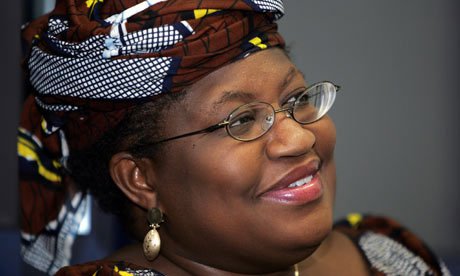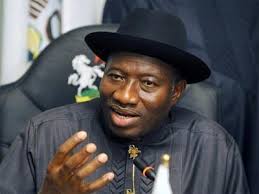The Ebola outbreak in West Africa is not adversely affecting the Nigerian economy, the Minister of Finance, Dr. Ngozi Okonjo-Iweala, has said.
“We have a team monitoring the economic impact and we don’t feel we are yet at the point where we can say it’s having a huge impact on the economy,” Okonjo-Iweala told Bloomberg TV Africa late Thursday.
“There’s been some fall-off in hotel occupancy, in Lagos in particular, some meetings have been postponed, but you still have other business people who are arriving,” she said.
Nigeria has recorded 19 cases of the virus, and seven people have died within its borders, according to the World Health Organization.
The virus has claimed at least 2,288 people in Guinea, Liberia and Sierra Leone.
Okonjo-Iweala also said the country’s Excess Crude Account, where a portion of oil revenue is stored to cushion the economy against volatility, stands at $4.11 billion.
The minister said in January she was concerned that a decline in the account balance to about $2.5 billion at that time had left the economy “vulnerable” and should be redressed this year.
The country plans to open the Development Bank of Nigeria by March.
It is expected to be capitalized with $2 billion which may rise to $10 billion and fill a gap in Nigerian business lending, the minister said.
“It’s very difficult for business people, especially small and medium-sized enterprises, to find any money for five years, seven years,” she said. “Mostly they can borrow for a year to three years. If you want to build a business sustainably and you want your economy to have sustained growth you’ve got to fix access to finance,” Okonjo-Iweala stated.
The development bank will be partly financed by the Federal government, and is also due to receive $500 million each from the World Bank and the African Development Bank, and a credit line from the German development bank, KfW Group, she added.














